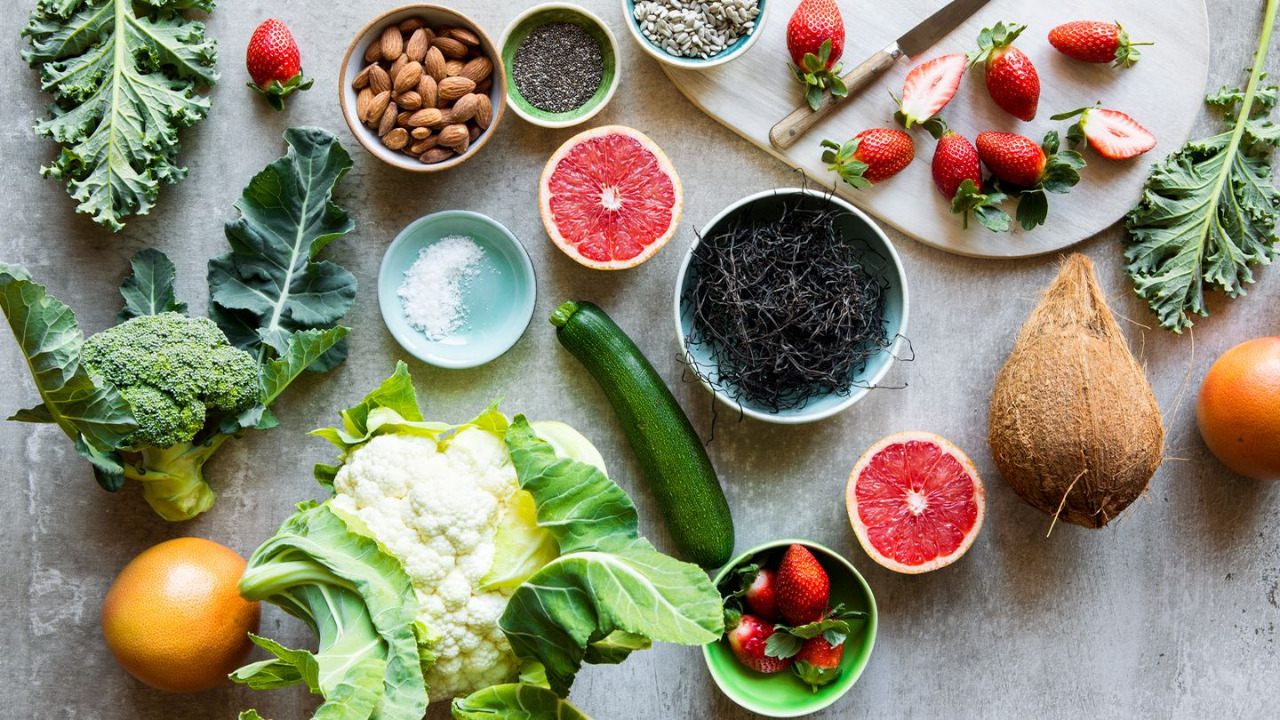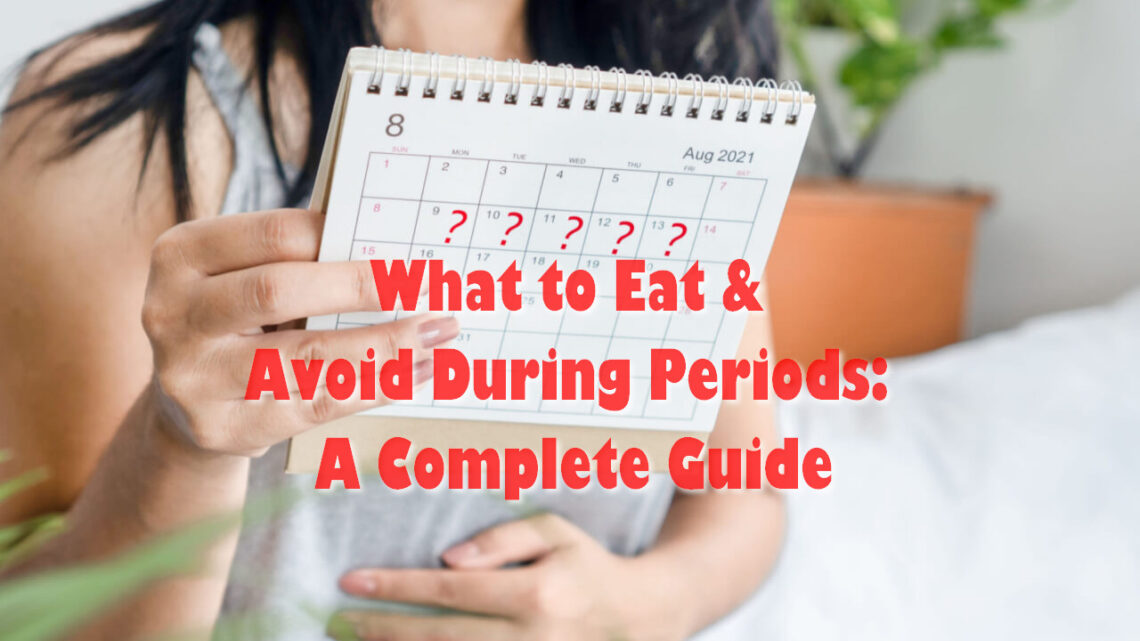When a woman is menstruating, it is important to eat a balanced diet that will help provide her body with the nutrients it needs to function properly. Eating a healthy diet during menstruation is essential for several reasons:
- Symptom Relief: Many women experience uncomfortable symptoms during menstruation, such as cramps, bloating, and fatigue. Eating a healthy diet that is rich in nutrients such as calcium and magnesium can help reduce these symptoms. Taking period vitamins can be very beneficial for symptom relief.
- Nutrient Loss: During menstruation, women lose a lot of blood, which contains important nutrients such as iron. Eating a healthy diet can help replenish these nutrients and prevent deficiencies.
- Hormone Balance: Hormones play a crucial role in regulating the menstrual cycle, and eating a healthy diet can help promote hormone balance. For example, consuming fiber-rich foods can help reduce excess estrogen levels, which can lead to menstrual irregularities.
- Overall Health: Eating a healthy diet during menstruation can also promote overall health and well-being. It can help maintain a healthy weight, reduce the risk of chronic diseases, and boost energy levels.
What to Eat?

- Iron-Rich Foods: During menstruation, women lose a lot of blood, which can lead to iron deficiency anemia. Therefore, it is important to eat foods that are rich in iron, such as lean red meat, chicken, fish, beans, spinach, and fortified cereals.
- Calcium-Rich Foods: Many women experience cramps during their periods, and calcium-rich foods can help to reduce these cramps. Good sources of calcium include dairy products, leafy greens, tofu, almonds, and fortified orange juice.
- Magnesium-Rich Foods: Magnesium can help to reduce bloating, which is a common symptom of menstruation. Good sources of magnesium include whole grains, nuts, seeds, and dark chocolate.
- Fiber-Rich Foods: Eating fiber-rich foods can help to regulate bowel movements and reduce constipation, which is another common symptom of menstruation. Good sources of fiber include fruits, vegetables, whole grains, and beans.
- Water: It is important to drink plenty of water during menstruation to stay hydrated and flush out toxins from the body.
What to Avoid?

- Processed Foods: Processed foods are often high in sugar, salt, and unhealthy fats, which can lead to bloating and water retention during menstruation.
- Caffeine: Caffeine can cause dehydration and increase the risk of cramps, so it is best to avoid or limit coffee, tea, and other caffeinated beverages during menstruation.
- Alcohol: Alcohol can also cause dehydration and increase the risk of cramps, so it is best to avoid or limit alcohol during menstruation.
- High-Sugar Foods: High-sugar foods can cause blood sugar levels to spike and then crash, leading to fatigue and mood swings during menstruation.
- Salty Foods: Salty foods can cause water retention and bloating during menstruation, so it is best to avoid or limit foods that are high in sodium.
Conclusion
In summary, a balanced diet that includes iron-rich foods, calcium-rich foods, magnesium-rich foods, fiber-rich foods, and plenty of water can help to reduce symptoms of menstruation. Avoiding or limiting processed foods, caffeine, alcohol, high-sugar foods, and salty foods can also help to reduce symptoms and promote overall health.

